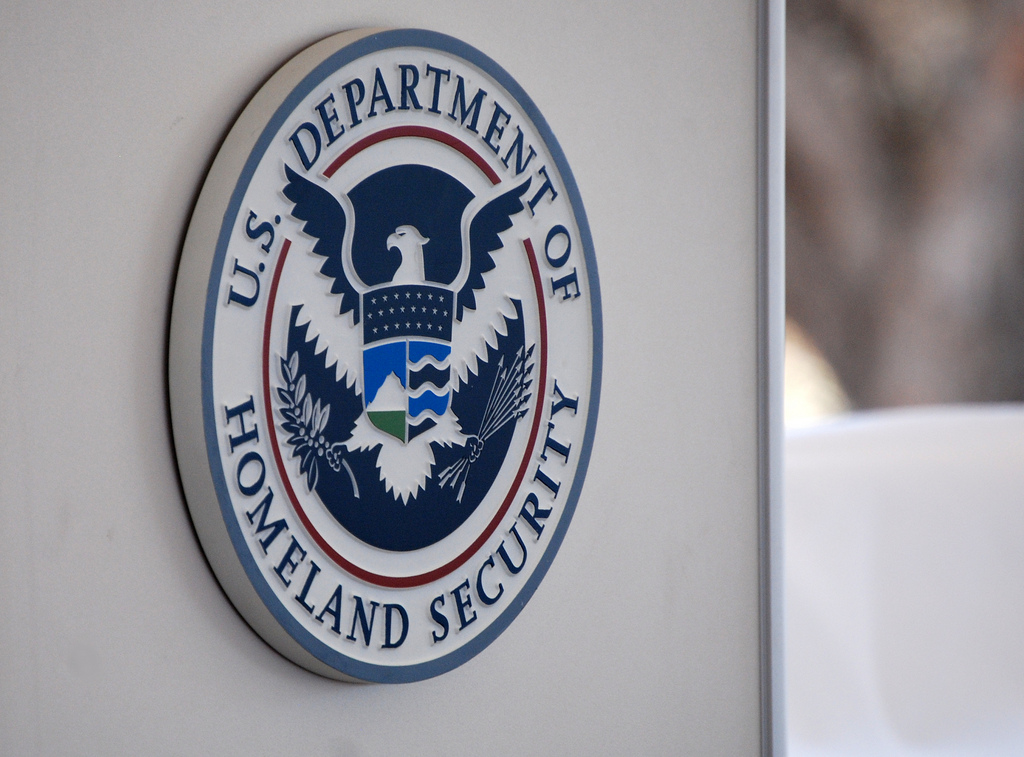Calls to end the detention of immigrant children and their mothers seeking protection in the United States are not new. What is new is that the Department of Homeland Security (DHS) Advisory Committee on Family Residential Centers, created by DHS itself, has now added its voice to the chorus calling for an end to family detention.
On June 24, 2015, DHS Secretary Jeh Johnson announced the establishment of the DHS Committee, known as the ACFRC (“the Committee”), which was created to advise Secretary Johnson and ICE Director Sarah Saldaña on the family detention centers. The Committee, comprised of subject matter experts with a wide range of expertise, conducted visits to all three family detention centers currently operating in Pennsylvania (Berks County) and Texas (Dilley and Karnes City) and spent countless hours analyzing the practice of family detention prior to reaching the conclusions outlined in its lengthy September 30, 2016 draft report.
DHS tasked the Committee in March 2016 with developing recommendations for best practices at family detention centers, including in the areas of: education, language, intake and out-processing procedures, medical care, and access to legal counsel.
In response to these tasks, the Committee requested information and documents from ICE, some of which ICE deemed “beyond the Committee’s scope.” Nonetheless, the Committee issued a thorough and well-researched draft report last week, demonstrating their comprehensive understanding of the problematic elements of family detention.
Today, by a unanimous vote, the Committee voted to approve the report with some additional operational improvements and procedural protections for detainees. The report will be officially submitted to DHS on October 14, at which time it will be made publicly available.
First and foremost, the Committee recommends that DHS adopt a presumption that “detention is generally neither appropriate nor necessary for families” and “never in the best interest of children.” The Committee proceeded to issue a series of detailed recommendations, drawing on the public documents filed in the ongoing Flores litigation, which seeks to hold the Government accountable to the commitments it made under the 1997 Flores Settlement that outlines the required treatment for children in detention and set a maximum period of 3-5 days during which children may be held.
The Committee’s Report speaks authoritatively about ICE’s misguided use of civil detention, recognizing that management of family detention centers is currently “improperly, premised upon criminal justice models rather than civil justice requirements or needs.” Emphasizing that detention cannot be used to deter migration, to punish, or to hold people indefinitely, the Committee highlighted the plight of the mothers and children detained in Berks County, PA, some of whom have now been detained more than a year. Indeed, this week 17 Senators wrote to DHS Secretary Johnson, calling the decision to hold asylum-seeking children and their mothers at Berks in prolonged detention “unconscionable.”
In making their recommendations, the Committee relied on various recent reports on family detention, including:
- The S. Commission on International Religious Freedom’s Report on the extremely troubling practice of expedited removal that funnels children and families into detention
- The American Immigration Lawyers’ Association Report on Central Americans Seeking Asylum and Legal Protection in the U.S.
- The American Immigration Council report on family separation in family detention and on families deported back to danger in Central America.
- Human Rights First reports including Lifeline on Lockdown and Family Detention: Still Happening, Still Damaging.
The Committee’s report will be worth reading in full and makes concrete, specific, practical recommendations throughout to comprehensively address the myriad of problems posed by detaining families, but the bottom line is clear – the U.S. government should end family detention.
By Lindsay M. Harris, Assistant Professor of Law at the University of the District of Columbia, David A. Clarke School of Law.
FILED UNDER: Department of Homeland Security, Family Detention, featured, Jeh Johnson


